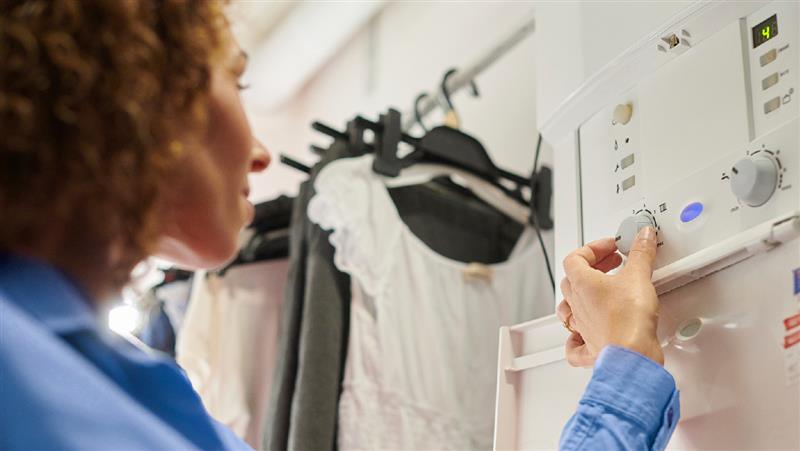Coming in from the cold to a warm and cosy home is one of life’s pleasures.
That moment when you shut the door behind you, take off your coat, and finally start to relax…
That’s why it’s important to make sure your heating system is well-maintained and ready for the colder months.
Here are some steps you can take to avoid a heating emergency this winter.
Regular boiler maintenance
- Service your boiler regularly in line with the manufacturer’s guidelines. Servicing must be done by a qualified Gas Safe registered engineer, so ask to see their credentials. If you’re renting, it’s the landlord’s responsibility to organise annual gas safety checks.
- Check your boiler's pressure is within the recommended range. Low pressure can lead to poor operation or failure, while high pressure can strain components. Information can be found in your boiler user instructions.
Proper boiler usage
- Use foam tubes to insulate pipes, also known as "lagging". This helps prevent pipes from freezing and reduces stress on the boiler.
- During a cold winter, boilers may stop functioning due to frozen external pipes. If your boiler is prone to this, one recommended and energy-efficient measure is to maintain low, constant heating – even if you go away for a few days.
Bleed the radiators
If you have central heating, you’ll want to check the radiators are working properly. If they’re colder at the top than they are at the bottom, that means that there’s air trapped inside – to release the air you’ll need to use a radiator key to ‘bleed’ the radiators, allowing them to fill with hot water and run more efficiently.
Call the chimney sweep
If you have a traditional wood or coal burning fireplace, you should aim to get your chimney swept at least once a year. Autumn can be a busy time for sweeps, so try to get booked in early. Check online to find a HETAS approved sweep in your area.
Stay safe
In addition to checking everything is working as it should be, it’s also a good idea to install both a smoke alarm and a carbon monoxide detector. Once installed, remember to test them regularly to make sure they’re working correctly.
Why it’s important
Regular servicing and maintenance aren’t just about keeping your home cosy, they’re also an important part of home ownership, as without the proper checks you could risk invalidating your home insurance policy, or your claim being rejected or not paid in full.
How having the right cover can help
If you have Home Emergency cover, you may be wondering what situations are considered an ‘emergency’. Here are some examples for what you may or may not be covered for.
| Emergency | Non-emergency |
| A boiler has stopped working, leading to no heating in the property. | A broken boiler that hasn’t been serviced within the last 12 months. |
| An uncontrollable leak that is causing damage to the property. | A dripping tap or showerhead. |
| A broken lock meaning your home isn’t secure (the lock is stuck open) | A broken lock where the home is secured (the lock is stuck shut). |
| A broken toilet, bath or shower where no other facilities are available. | A broken toilet, bath or shower where alternative facilities are available. |
| A total electrical failure. | A broken appliance that is not causing damage to the home. |
| A partial electrical failure that causes the property to be dangerous. | Damage caused due to a leaky/broken roof (roofing is not covered under the policy). |
Not all insurers are the same, so always check your policy booklet for details of exactly what you are and aren’t covered for.
Once you’re sure everything is running smoothly, it’s time to relax. Simply pop on your favourite slippers, pour yourself a mug of hot chocolate, and snuggle up - safe, warm and ready for the winter months.




